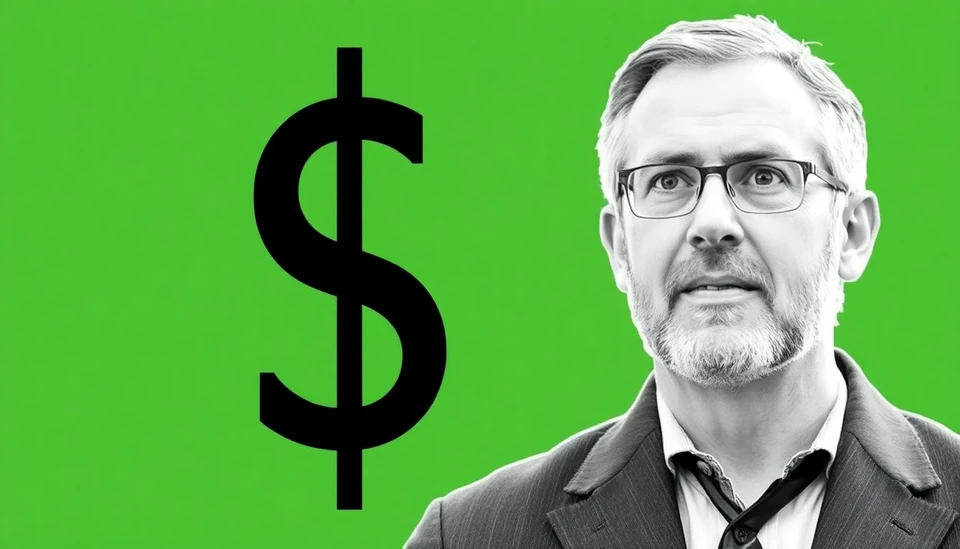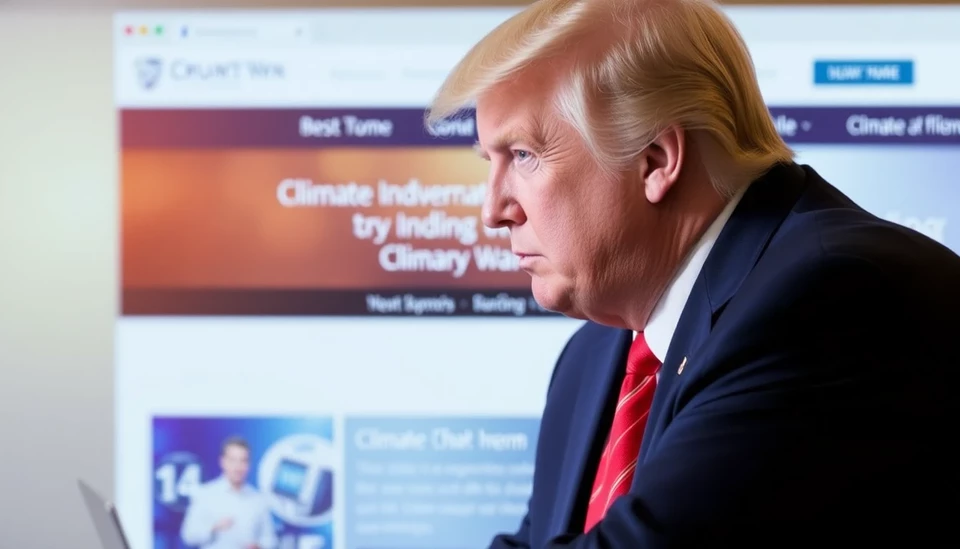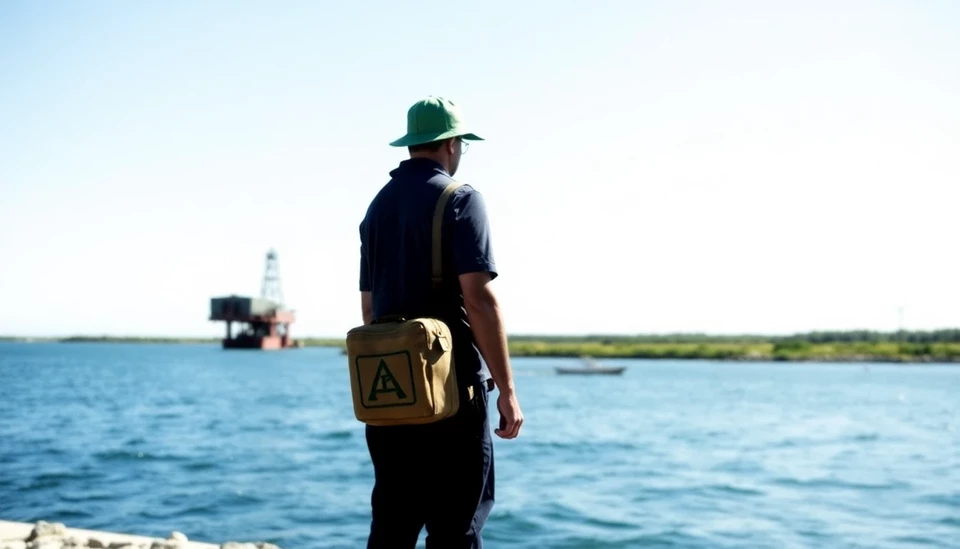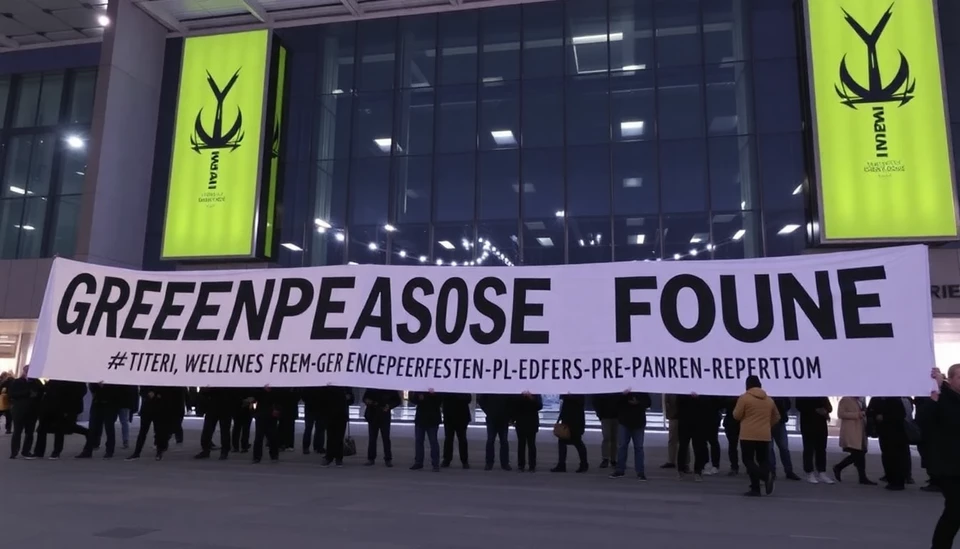
In a monumental ruling, a court has ordered the environmental group Greenpeace to pay $660 million as compensation to a major oil company, marking a pivotal moment in the landscape of environmental activism. This verdict, stemming from a legal battle over anti-oil campaigns, raises crucial questions about the future of environmental protests and the freedoms of advocacy groups.
The case, which has garnered international attention, revolves around Greenpeace's aggressive tactics in confronting corporate polluters. The oil company at the center of the verdict accused Greenpeace of orchestrating a sustained campaign that not only damaged its reputation but also adversely affected its financial performance. The verdict has sent shockwaves through the environmental community, igniting a debate about the boundaries of activism and the potential consequences of such actions.
Legal experts argue that this ruling could create a chilling effect on environmental activism, potentially discouraging groups from pursuing aggressive tactics against corporations. The considerable financial burden imposed by the verdict may compel organizations like Greenpeace to rethink their strategies and reconsider how they mobilize their efforts against climate change and corporate wrongdoing.
The implications of this case extend beyond the immediate parties involved. As environmental issues become increasingly pressing, the support for activist groups could wane if fears of substantial financial repercussions outweigh their commitment to advocacy. If financial repercussions lead to a diminished willingness to protest or advocate for environmental justice, the progress made in environmental reforms over the past decades may be jeopardized.
Supporters of Greenpeace have criticized the ruling, arguing that it undermines the fundamental right to dissent and question corporate practices, especially those that have a detrimental impact on the environment. They maintain that this verdict could deter future activism and silence voices that are critical of harmful practices that threaten the planet.
In the wake of the verdict, Greenpeace has expressed its intention to appeal. They argue that their actions have raised vital awareness about environmental issues and that the backlash they faced for their bold stance against pollution is unjust. The outcome of the appeal process could significantly influence not only Greenpeace's operational strategy but also set a precedent for how such cases are judged in the future.
As the legal battle continues, the environmental movement may find itself at a crossroads. This verdict signifies more than just a financial penalty; it is a reflection of the ongoing struggle between corporate interests and environmental protection. The ruling could redefine how activism operates within the bounds of legality and the extent to which advocates can mobilize for change without fear of crippling financial retribution.
In conclusion, the $660 million verdict against Greenpeace demonstrates a crucial moment not only for the organization but also for the larger movement for environmental activism. The outcomes of this case could shape not only public perception of environmental advocates but also the legal landscape in which they operate. The question remains: will this verdict strengthen corporate defenses against activism, or will it galvanize a more united front to stand against environmental degradation?
#Greenpeace #EnvironmentalActivism #OilCompany #LegalBattles #ClimateChange #Activism #Verdict #CorporateResponsibility
Author: Peter Collins




